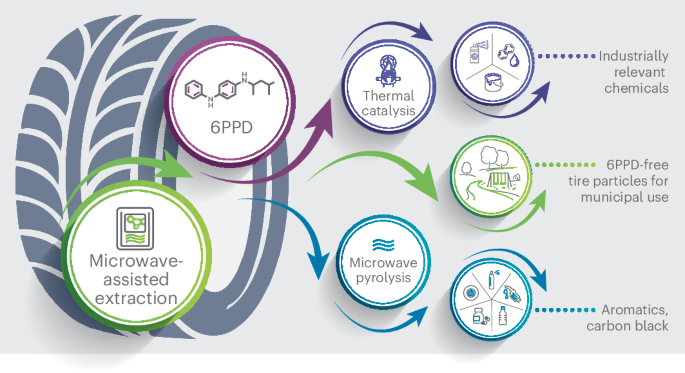2024-11-20 インペリアル・カレッジ・ロンドン(ICL)
 An Imperial startup has raised £430,000 to begin testing its low-cost, recyclable radio-frequency ID tags with retailers.
An Imperial startup has raised £430,000 to begin testing its low-cost, recyclable radio-frequency ID tags with retailers.
<関連情報>
An Imperial startup has raised £430,000 to begin testing its low-cost, recyclable radio-frequency ID tags with retailers.
The tags attached to new clothing seem innocuous, but each one is essentially an electronic device. A microchip embedded in the tag stores information about the item, while a metal antenna allows the information to be accessed through a radio frequency reader. Together they make it possible for retailers to track inventory, operate self-checkout systems, and reduce theft.
But the multi-component tags are expensive to make and the combination of paper, plastic, silicon and metal makes them a nightmare to recycle. Plus, they add up: in the global fashion industry alone, more than 12 billion radio-frequency identification (RFID) tags are produced for single use each year, most ending up in landfill.
PulpaTronics, a startup company with its roots at Imperial, has a solution: all-paper RFID tags that are cheaper to make and can be dropped in a regular recycling bin once they have served their purpose. After over a year of R&D, the company has just raised £430,000 in pre-seed funding to accelerate product development and launch its first pilot studies with leading retail and packaging companies.



